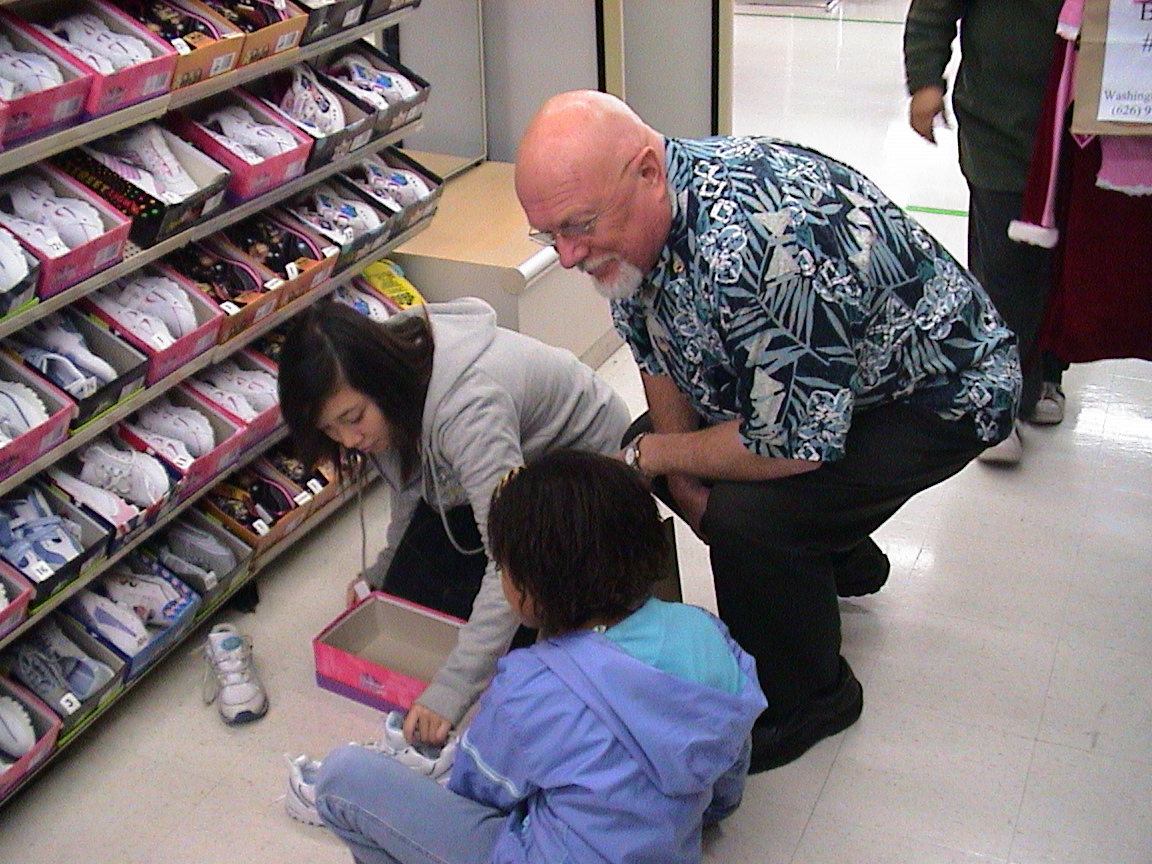The Intersection of Faith and Mental Health
The Intersection of Faith and Mental Health
The intersection of faith and mental health is a complex and multifaceted topic that has garnered significant attention in recent years. As we navigate the challenges of modern life, it's becoming increasingly clear that our spiritual well-being plays a critical role in our overall mental health. But what exactly is the relationship between faith and mental health, and how can we harness the power of spirituality to support our wellness?
Understanding the Connection
To understand the connection between faith and mental health, it's essential to recognize that spirituality is a fundamental aspect of the human experience. As Dr. Harold Koenig, a leading expert in the field of spirituality and mental health, notes, "Spirituality is the way we find meaning, purpose, and significance in life." When we feel connected to something larger than ourselves, we're more likely to experience a sense of purpose and direction, which can have a profound impact on our mental health. For instance, a study published in the Journal of Clinical Psychology found that individuals who practiced mindfulness and meditation experienced reduced symptoms of anxiety and depression.
The connection between faith and mental health is also deeply rooted in the concept of community. When we're part of a faith community, we're surrounded by like-minded individuals who share our values and beliefs. This sense of belonging can be incredibly powerful, providing us with a support system that can help us navigate life's challenges. As "Faith communities can provide a sense of belonging, which is essential for our emotional and mental well-being," notes Dr. Kenneth Pargament, a psychologist who has studied the relationship between faith and mental health.

The Impact of Mindfulness and Meditation
One of the most significant ways that faith can impact mental health is through the practice of mindfulness and meditation. These practices, which originated in Eastern spiritual traditions, have been shown to have a profound impact on both physical and mental health. By cultivating a sense of awareness and presence, we can reduce stress and anxiety, improve our mood, and even alleviate symptoms of depression. As "Meditation is not just a practice, it's a way of life," notes Dr. Deepak Chopra, a leading expert in the field of mindfulness and meditation. For example, a study published in the Journal of the American Medical Association found that mindfulness-based stress reduction programs reduced symptoms of anxiety and depression in patients with chronic pain.
The impact of mindfulness and meditation on mental health is also closely tied to the concept of self-compassion. When we practice mindfulness, we're more likely to develop a sense of kindness and understanding towards ourselves, which can be incredibly powerful in reducing symptoms of anxiety and depression. As "Self-compassion is the practice of treating ourselves with the same kindness and care that we would offer to a good friend," notes Dr. Kristin Neff, a psychologist who has studied the concept of self-compassion. For instance, a study published in the Journal of Clinical Psychology found that individuals who practiced self-compassion experienced reduced symptoms of depression and anxiety.
Breaking the Stigma
Despite the growing recognition of the importance of faith in mental health, there is still a significant stigma surrounding the topic. Many people feel uncomfortable discussing their spiritual beliefs or practices, fearing that they will be judged or ostracized. However, it's essential to recognize that faith is a fundamental aspect of the human experience, and that it can play a critical role in our mental health. As "We need to create a culture where people feel comfortable talking about their spiritual beliefs and practices," notes Dr. Andrew Weaver, a psychologist who has studied the relationship between faith and mental health.
To break the stigma surrounding faith and mental health, it's essential to create a safe and supportive environment where people feel comfortable discussing their spiritual beliefs and practices. This can involve creating faith-based support groups, where individuals can share their experiences and connect with others who share their values and beliefs. It can also involve educating mental health professionals about the importance of faith in mental health, and providing them with the tools and resources they need to support their clients' spiritual well-being.
The Role of Faith Communities
Faith communities can play a critical role in supporting mental health, providing a sense of belonging and connection that can be incredibly powerful in reducing symptoms of anxiety and depression. When we're part of a faith community, we're surrounded by like-minded individuals who share our values and beliefs, and who can provide us with a support system that can help us navigate life's challenges. As "Faith communities can provide a sense of purpose and meaning, which is essential for our emotional and mental well-being," notes Dr. Kenneth Pargament.
Some of the ways that faith communities can support mental health include:
- Providing a sense of belonging and connection
- Offering spiritual guidance and support
- Creating a safe and supportive environment where people can share their experiences and connect with others
- Providing education and resources on mental health and wellness
- Supporting mental health initiatives and advocacy efforts
For example, a study published in the Journal of Community Psychology found that faith-based support groups reduced symptoms of depression and anxiety in individuals with chronic illness.
A Journey of Self-Discovery
The intersection of faith and mental health is a complex and multifaceted topic that requires a journey of self-discovery. As we navigate the challenges of modern life, it's essential to recognize that our spiritual well-being plays a critical role in our overall mental health. By exploring our spiritual beliefs and practices, and by cultivating a sense of awareness and presence, we can reduce stress and anxiety, improve our mood, and even alleviate symptoms of depression. As "The journey of self-discovery is a lifelong process, and it's essential to be patient and compassionate with ourselves as we navigate the twists and turns of life," notes Dr. Deepak Chopra.
As we embark on this journey of self-discovery, it's essential to remember that faith is a highly personal and individualized experience. What works for one person may not work for another, and it's essential to respect and honor the diversity of spiritual beliefs and practices. By doing so, we can create a culture that values and supports the spiritual well-being of all individuals, regardless of their background or beliefs.
Finding Balance in Life
As we explore the intersection of faith and mental health, it's interesting to note that the concept of balance and risk-taking can be applied to various aspects of life. For instance, just as we need to find a balance between our spiritual and emotional well-being, we also need to balance our risk-taking behaviors, such as trying new experiences or taking calculated risks. Speaking of calculated risks, some people find that engaging in games of chance can be a thrilling way to challenge themselves and experience a rush of adrenaline, by trying out a new game like Mega Rich Fruits slot demo (FuGaSo) which can be a fun way to test one's luck and strategy. Ultimately, whether we're talking about faith, mental health, or leisure activities, finding balance and being mindful of our actions is crucial to maintaining a healthy and fulfilling life.
Conclusion
The intersection of faith and mental health is a complex and multifaceted topic that requires a nuanced and compassionate approach. By recognizing the importance of spirituality in modern wellness, and by cultivating a sense of awareness and presence, we can reduce stress and anxiety, improve our mood, and even alleviate symptoms of depression. As we continue to navigate the challenges of modern life, it's essential to remember that our spiritual well-being plays a critical role in our overall mental health, and that faith can be a powerful tool in supporting our wellness.




Comments
Post a comment